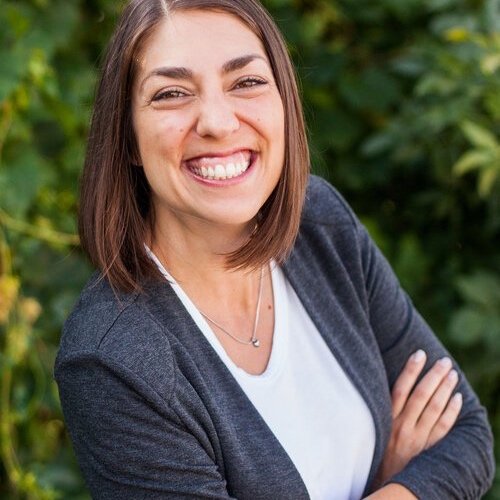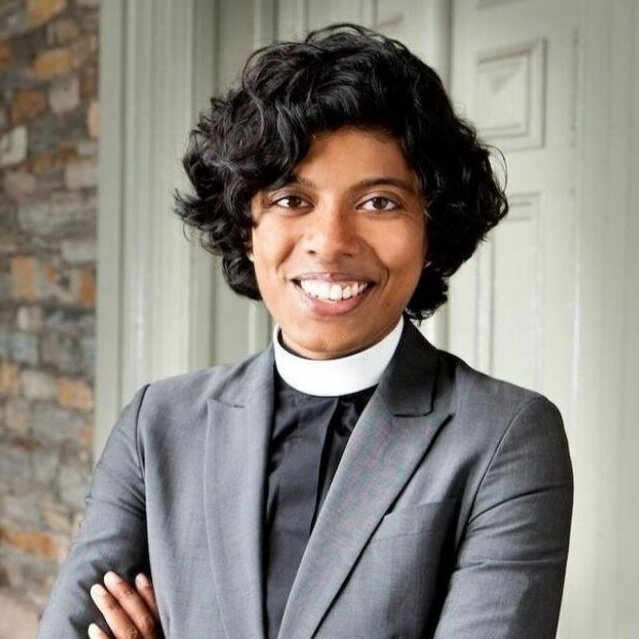Church Anew Blog
Get Updates in Your Inbox
Want to stay up-to-date with the Church Anew Blog? Sign up for our weekly blog round-up.
The Perfect Time for the Imperfect Time
The time is indeed now for communities to provide opportunities to channel their giving toward what they value the most: actions that provide meaning, and tangible human support in times of hardship.
Interview with Joe Davis, Author of “Unearthing Us: Poems and Practices for Discovering Our Fullest Selves”
This book is for anyone ready and willing to dig deeper into their personal and communal stories to unearth the healing wisdom that waits for us all.
Let the Words…
What about when I open the door for someone whose arms are full? When I stopped to smell the lilacs while walking in my neighborhood? When I didn’t respond to that mean email with another mean email? Let this offering be acceptable, O Lord.
Our Redemption Comes With No Barcode
... we too often given short shrift to the hard work of understanding why we believe what we believe and what shapes our foundational values and deeply held convictions around so many important issues, not least of which is money.
A Walk In Beauty
The Rev. Winnie Varghese delivers a sermon covering indigeneity, Elijah's sojourn in the wilderness, and how to connect with those who show us hospitality.
Vocation: What do you do?
Erin Weber-Johnson and Rev. Mieke Vandersall always felt challenged when they try to tell strangers what they do for a living. Their profession is far more than a job–it's an expression of their vocation.
Lord, Help Me
It is up to people like us to reclaim and rebuild the commons, what we share of what God has given us. And some of that rebuilding is of institutions.
EXPLORE OUR ARCHIVE OF ARTICLES FROM
Walter Brueggemann
Get Updates in Your Inbox
Want to stay up-to-date with the Church Anew Blog? Sign up for our weekly blog round-up.










